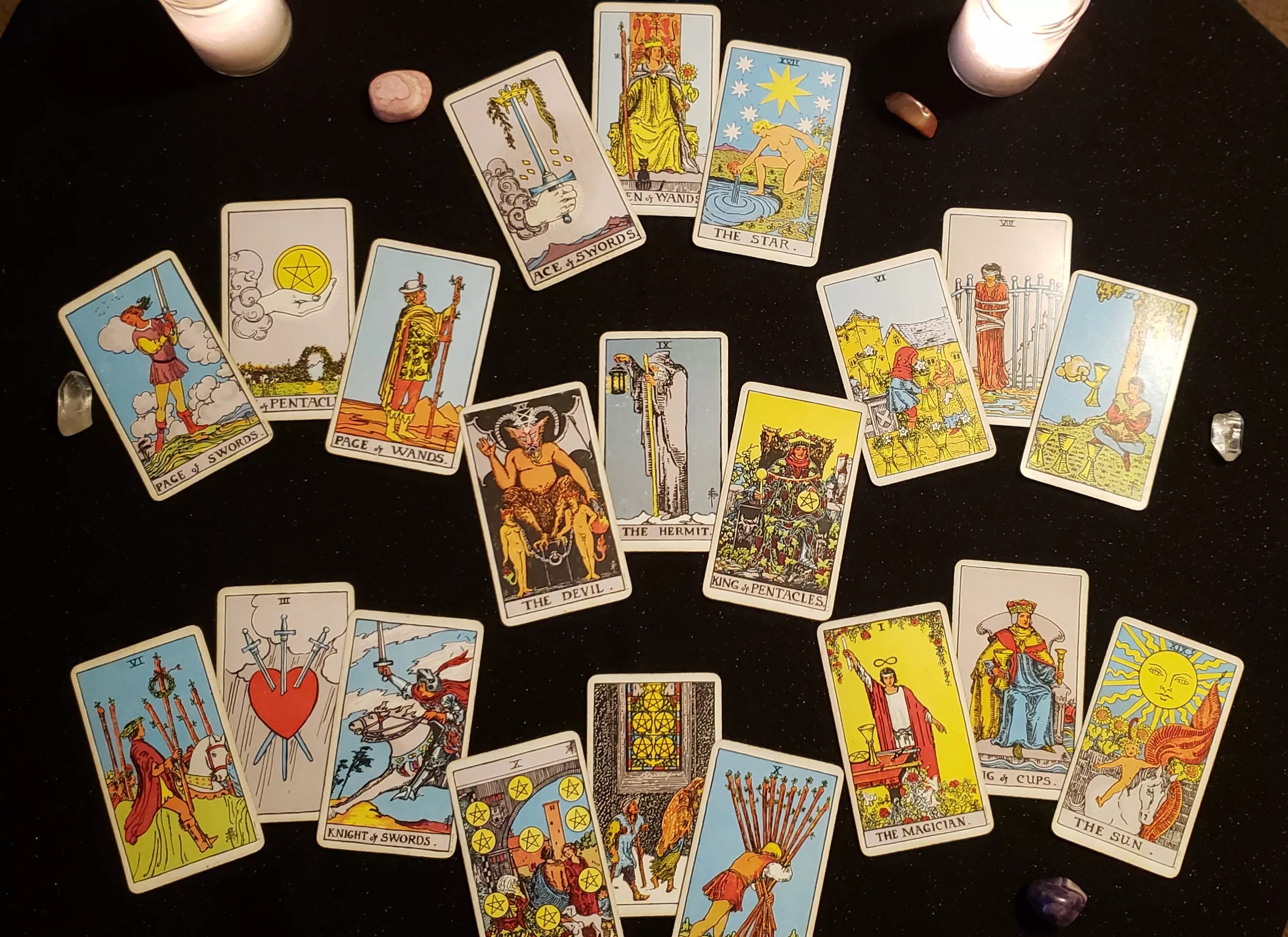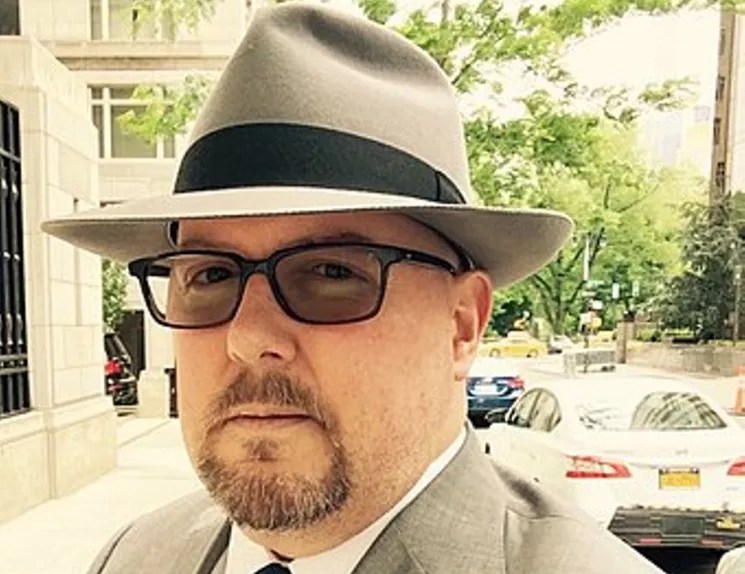
File photo

Audio By Carbonatix
During times of fear and uncertainty, more people turn to spiritualism.
Detective Bob Nygaard has made a career out of tracking down con artists, more specifically, fraudulent psychics. He said Texas is a hotspot for such fraud.
The detective worked for the New York Police department after graduating from Southern Methodist University. After retiring from law enforcement, he became a private investigator and has since recovered millions of dollars in cases of psychic fraud.
He said people are calling and leaving emails left and right, saying they’ve been defrauded by psychics during the pandemic. Recently, he opened an email from a North Texas woman saying she and a group of others had been scammed out of thousands of dollars by a psychic who claimed to be ridding them of bad energy.
“During these tough times, people reach out to self-proclaimed psychics because they’re wondering ‘What does the future hold?'” Nygaard said. “So, these self-proclaimed psychics are raking it in right now during a time when people are fearful.”
When the conned come to Nygaard, they generally feel just as helpless as they did when confronting their psychics. They are sometimes even suicidal when they call him. These frauds take advantage of people in their most vulnerable states: The ones who fall for it are often being financially destroyed, he says.
A case he wrapped up in 2019 involved a Houston medical school student who got ripped off by a psychic for $1.6 million.
She was wandering around a mall in Houston not long after the death of her mom and having gone through a breakup. Her face was marked with recently wept tears when a teenage girl who introduced herself as Jacklyn Miller made her approach, inviting her to a psychic parlor.
The psychic told the student her family was cursed and that she was her only hope. The student had no way of knowing that by seeking help from this psychic, she was entering a con that would last seven years and cost her more than $1 million. Luckily for her, she found Nygaard, who was able to help seal a conviction of the psychic, whose real name was Sherry Uwanawich.

When the conned come to Bob Nygaard, they generally feel just as helpless as they did when confronting their psychics.
courtesy Bob Nygaard
Nygaard said before the pandemic, he was seeing psychics begin to establish more of an online presence. But, like many other industries, COVID-19 has pushed spiritual practices into a new digital age.
They’ll often paint their services online as being for entertainment purposes, charging by the minute or hour. Nygaard said after luring people in for a reading, they’ll begin establishing a relationship with them and asking for more money to rid them of their spiritual ailments.
According to AARP, an interest group focused on issues affecting people older than 50, psychic scams have been on the rise during the pandemic.
The organization has a helpline for people to report potential fraud. On their site, Amy Nofziger, the organization’s director of fraud programs, said calls from people defrauded by self-described psychics, clairvoyants, fortune-tellers, spiritual advisers and such have risen since early summer. She said now one or two of these calls come in weekly. They used to only get one complaint every four months.
The FBI has also seen an uptick in these cases reported to its Internet Complaint Center, or IC3. In a statement to AARP, the FBI said: “Although IC3 does not see many of these types of complaints, there has been a slight uptick in reporting this year. Most of the complainants reporting these scams have not been victimized, but are being vigilant in reporting potential frauds they see on social media networks or receive via email.”
The recent complaints reported to AARP include a 54-year-old Canadian woman who gave a psychic $24,000 after being promised to be reconnected with a loved one. Another woman, a 72-year-old in Seattle, handed $20,000 over to a psychic who said they could gather information about a new relationship. The police refused to follow up on the case after she reported it, a common occurrence when dealing with psychic fraud, Nygaard said.
Most police look at psychic fraud as a joke, turning away people who report it. Those who attempt to take on the cases are often met with reluctant prosecutors worried about ruining their track record, he said. Victims are usually told no crime has been committed because they willingly gave away their money.
“What I run into most times is laughter, misreporting and ignorance,” Nygaard said. “I have to fight with [police and prosecutors] to get them to take the report.”
He said they often assume the case will hinge on proving whether a person actually has psychic abilities. However, this isn’t the case. He said the crime can usually be described as a confidence scheme or theft by false pretenses. Still, getting law enforcement to take psychic fraud seriously is an uphill battle, and that needs to change.
“There needs to be better training whereby these confidence schemes are recognized as crimes,” he said.
Until then, there are some red flags people can look for when seeking advice from psychics, mediums and fortune-tellers.
Those in the industry told the Observer in 2018 to lookout for psychics who won’t give their full real name. If someone claiming to be a reader is using a stage name, they generally have something to hide, Angela Lusk, a local psychic, said.
Lusk added that some of these scams involve the alleged psychic attempting to extend the duration of a reading to get more money out of a client.
“If they give you a definitive price, for a definitive service, then you can guarantee to some degree that you’re dealing with someone who’s not trying to sucker you,” she said.
Named American Psychic and Medium Magazine‘s Man of the Year in 2017, John Cappello said to watch out for psychics who ask clients to come back frequently for additional information.
“If they keep trying to use you as a piggy bank, that’s wrong,” Cappello said.